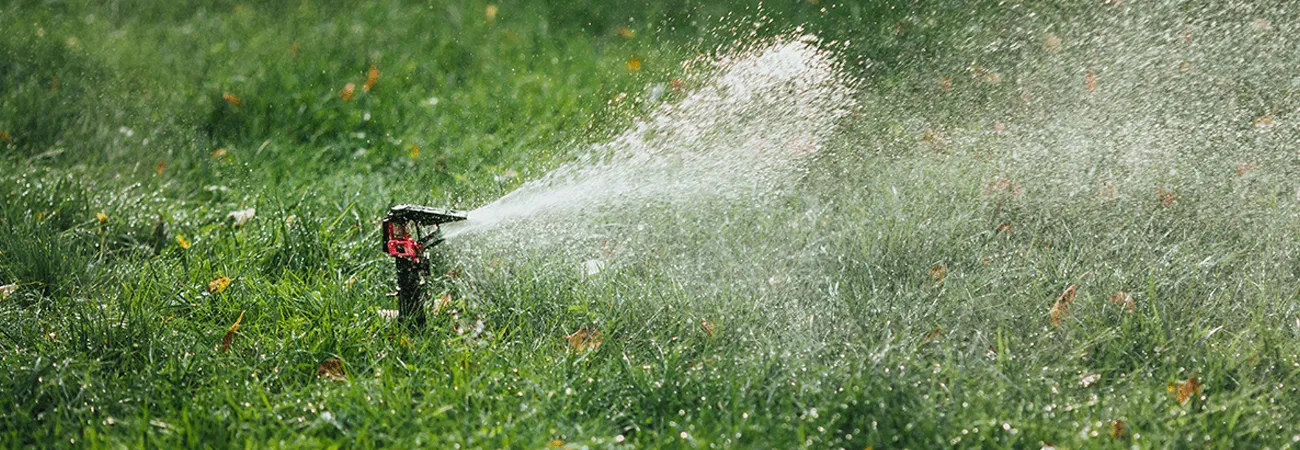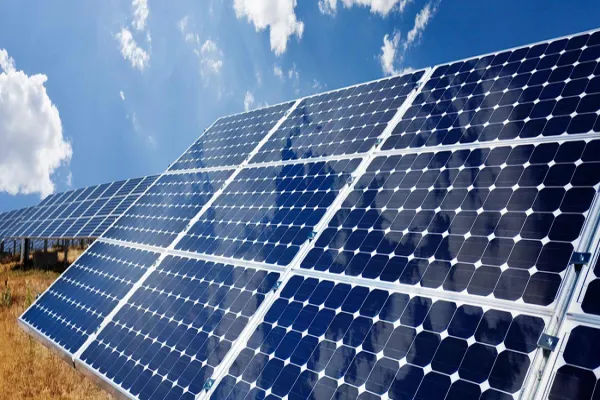i ECONOMY
The agriculture sector plays a crucial role in Pakistan's economy, employing millions of people and contributing significantly to the GDP. However, one of the persistent challenges facing this sector is low water use efficiency, which has substantial economic implications, reports WealthPK. Water scarcity is a pressing issue in Pakistan that is further compounded by factors such as climate change, inefficient irrigation practices, and a growing population, M. Azeem, Senior Scientific Officer at the Pakistan Agriculture Research Centre, told WealthPK. According to him, "The agriculture sector of Pakistan uses water at a rate much higher than many other countries, which highlights the urgent need for improved water management strategies." "The economic impact of low water use efficiency in Pakistan's agriculture can be observed in several key areas. Inefficient water use leads to reduced crop yields and lower agricultural productivity, thereby affecting the farmers' incomes and contributing to food insecurity and price volatility in the market."
"Owing to the excessive use of water, the farmers incur higher costs, including expenses for water pumps, irrigation systems, and energy consumption. These costs add to the financial strain faced by the farmers, especially the smallholders, who may lack access to the modern irrigation technologies." He added, "Environmental degradation is another issue. Over-extraction of groundwater and inefficient irrigation practices contribute to environmental degradation, such as land salinity and waterlogging. This not only harms ecosystems but also reduces long-term sustainability of agriculture in Pakistan." He proposed that to tackle the problem of low water use efficiency, a comprehensive strategy was required, which included the promotion of water-saving technologies such as drip irrigation and sprinkler systems, improvement in the irrigation infrastructure, encouragement of water conservation practices among the farmers, and implementation of policies that incentivize efficient water use. Moreover, facilitating the farmers' access to agricultural credit and extension services can aid in the adoption of water-efficient practices.
Addressing this intricate challenge and ensuring sustainable water use in Pakistan's agriculture necessitates collaborative efforts among the government, research institutions, and the private sector. "By improving water use efficiency, Pakistan can enhance agricultural productivity, reduce production costs, conserve water resources, and improve the livelihoods of rural communities. This, in turn, will have positive economic ripple effects, contributing to overall economic growth and food security in the country. The Pakistan Business Council recently launched a report titled "State of Pakistan's Agriculture 2023" which reveals that Pakistan is one of the few countries where over 90 percent of freshwater is utilized for agricultural purposes. In comparison to the world average, countries use the following percentage of freshwater: 70 percent in agriculture, 20 percent in industry, and 10 percent in municipal uses (drinking water, public uses in towns, etc.). Pakistan's distribution of freshwater usage is 93 percent in agriculture, 6 percent in industry, and 1 percent in municipal uses.
Credit: Independent News Pakistan









